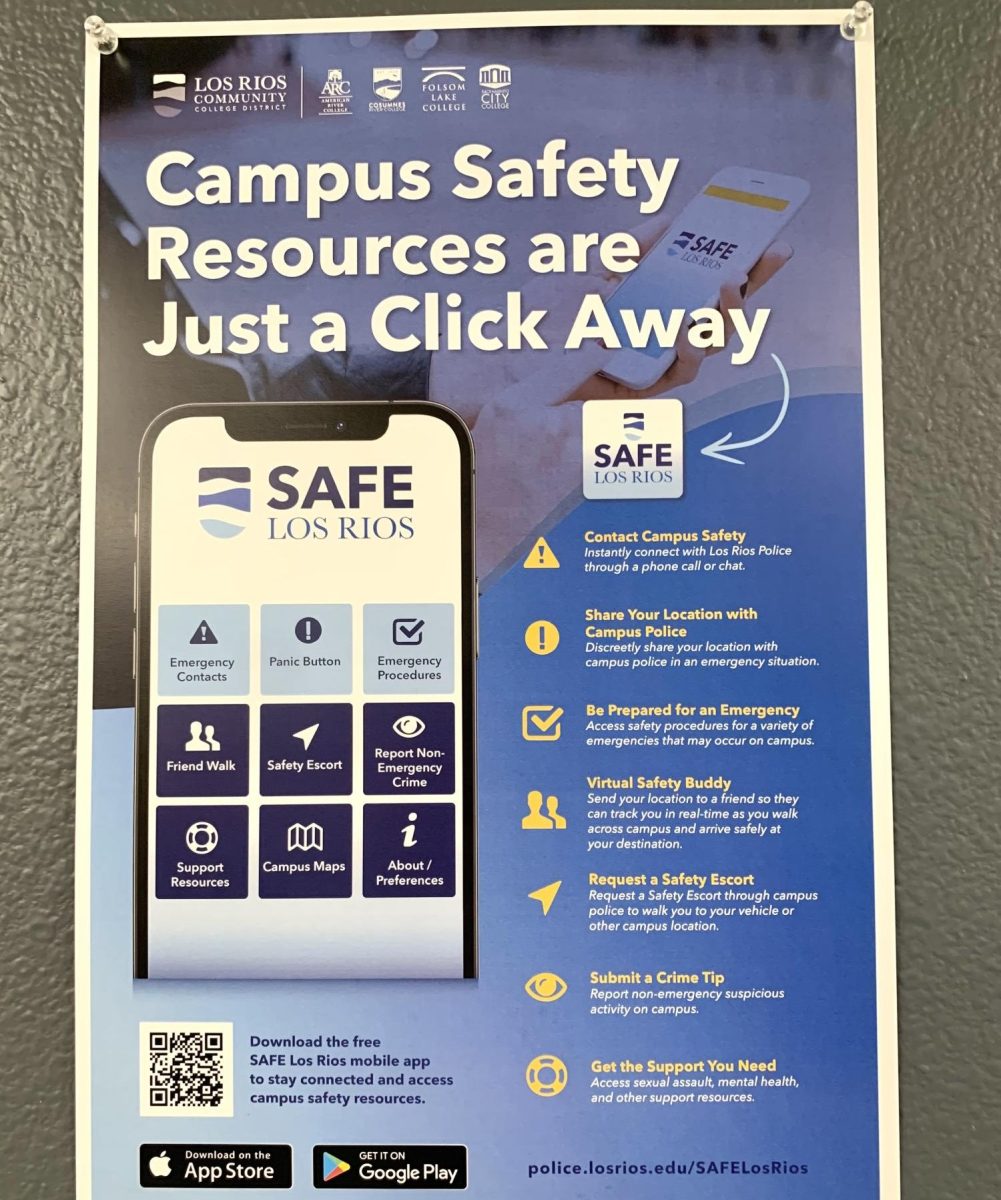After class today Brian Elston, 24, will drop off his backpack at the home he shares with his two cats, hop in his car and head to Deseret Industries to start his shift as a night security guard.
Elston, who works full time and attends school full time, is grateful for the Board of Governors Fee Waiver, which waives his class fees and makes it possible for him to go to school.
But Elston’s BOG Fee Waiver, and the waivers of thousands of other American River College students, could be in jeopardy if the California Community Colleges Chancellor’s Office votes in January to impose new eligibility conditions, including academic accountability, which would go into effect in 2016 if adopted.
To retain BOG eligibility, students must maintain a 2.0 GPA for all graded units, but can earn 12 credits before GPA tracking begins, according to ARC Enrollment Services Supervisor Benjamin Baird, and complete more than half of the courses for which they are enrolled.
Approximately half of all ARC students have received BOGs so far this academic year, according to Chad Funk, supervisor of Financial Aid, but how many would be affected by the proposed restrictions on eligibility is difficult to determine.
“We are so far out from that happening that there is no way anyone at the school is going to even take a shot in the dark to say what the effects will be on students yet,” said Baird.
This proposed policy, another attempt at balancing an affordable education and student success with a sustainable education system, comes on the heels of recent changes regarding dropping of priority registration status for high-unit carrying students and a pilot program introducing additional high-demand classes at non-resident rates during intersessions at select community colleges.
“I certainly hope they don’t make the BOG Waiver too hard for people to get,” said Elston, who will lose his priority registration in summer 2014, and is ineligible for federal financial aid because of the number of credits he has attempted. “Aside from the BOG Waiver, I don’t have any help.”
Di Guilio believes such a policy will not be readily accepted. “Part of (the community college’s) role is a safety net for students who are underprepared, and there will be controversy at many of the campuses that this will discriminate against students who are underprepared, who are trying to raise their basic skill level up to a college level,” he said.
Di Guilio also expressed concern for students from special populations, such as English learners or those with learning disabilities, who may need additional assistance when they first come to college.
“This is an era of massive change and accountability … I think accountability is good as a goal, it’s how you go about measuring that,” said Di Guilio. “It’s more complex than saying, ‘Do you have a C average?’”
What would Elston be doing if he didn’t have the BOG Waiver to pay for his fees at ARC? “Probably sitting at home waiting for my shift tonight,” he said.






